 Shutterstock
Shutterstock
Dogs often display a range of behaviors that can seem puzzling to their owners, and one of these curious actions is air licking. While it may seem strange at first glance, air licking is a behavior that can be driven by a variety of causes, both physical and psychological. Whether it’s a sign of excitement, anxiety, or something more serious, understanding why dogs sometimes lick the air can help owners determine when to address the behavior and when it’s just part of their dog’s quirky personality.
Exploring the Environment
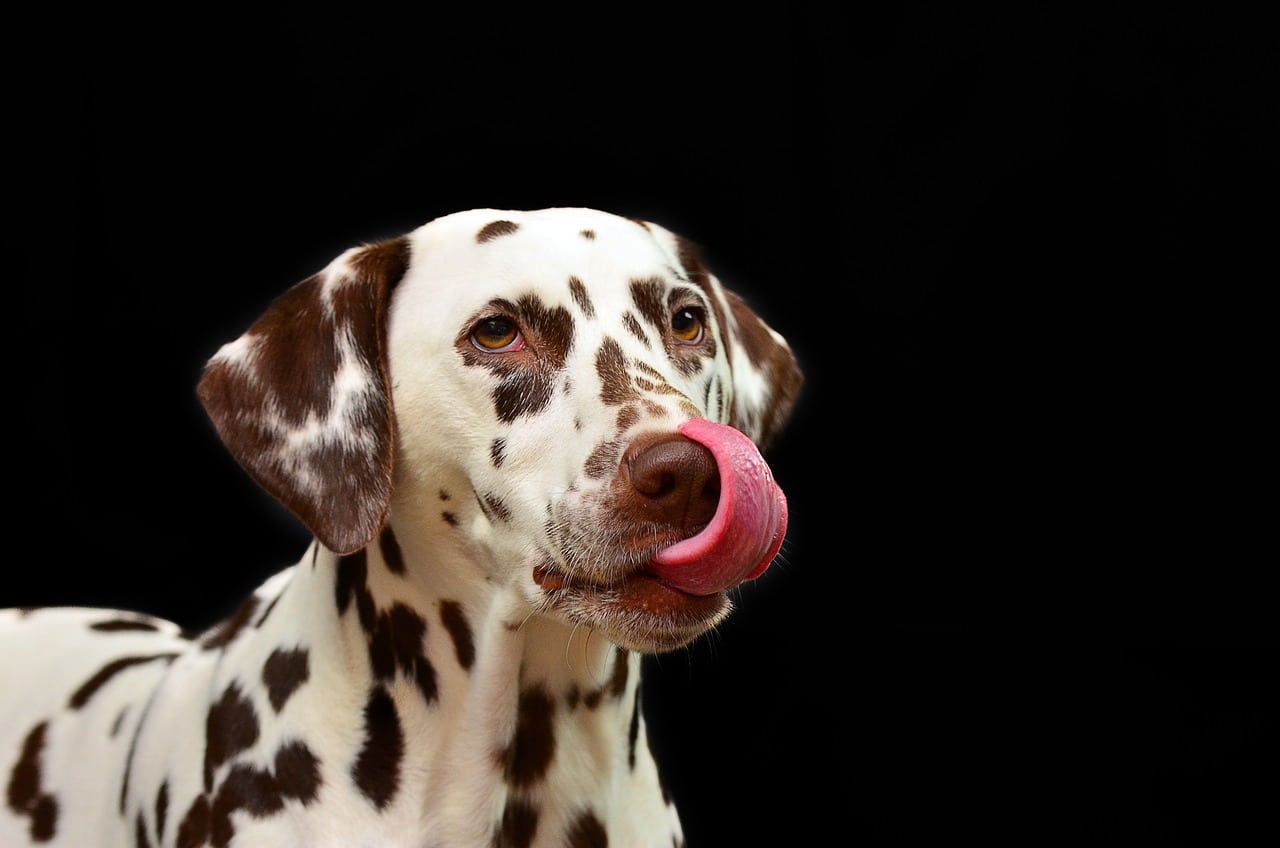 Shutterstock
Shutterstock
Dogs use their mouths and tongues to explore the world around them. Just as they sniff the air to gather information about their environment, some dogs lick it as part of this sensory exploration. By licking the air, they may be attempting to gather information about nearby scents or tastes that they can’t reach physically. Air licking, in this case, is often harmless and simply reflects the dog’s natural curiosity and sensory exploration.
An Attempt to Smell Something Better
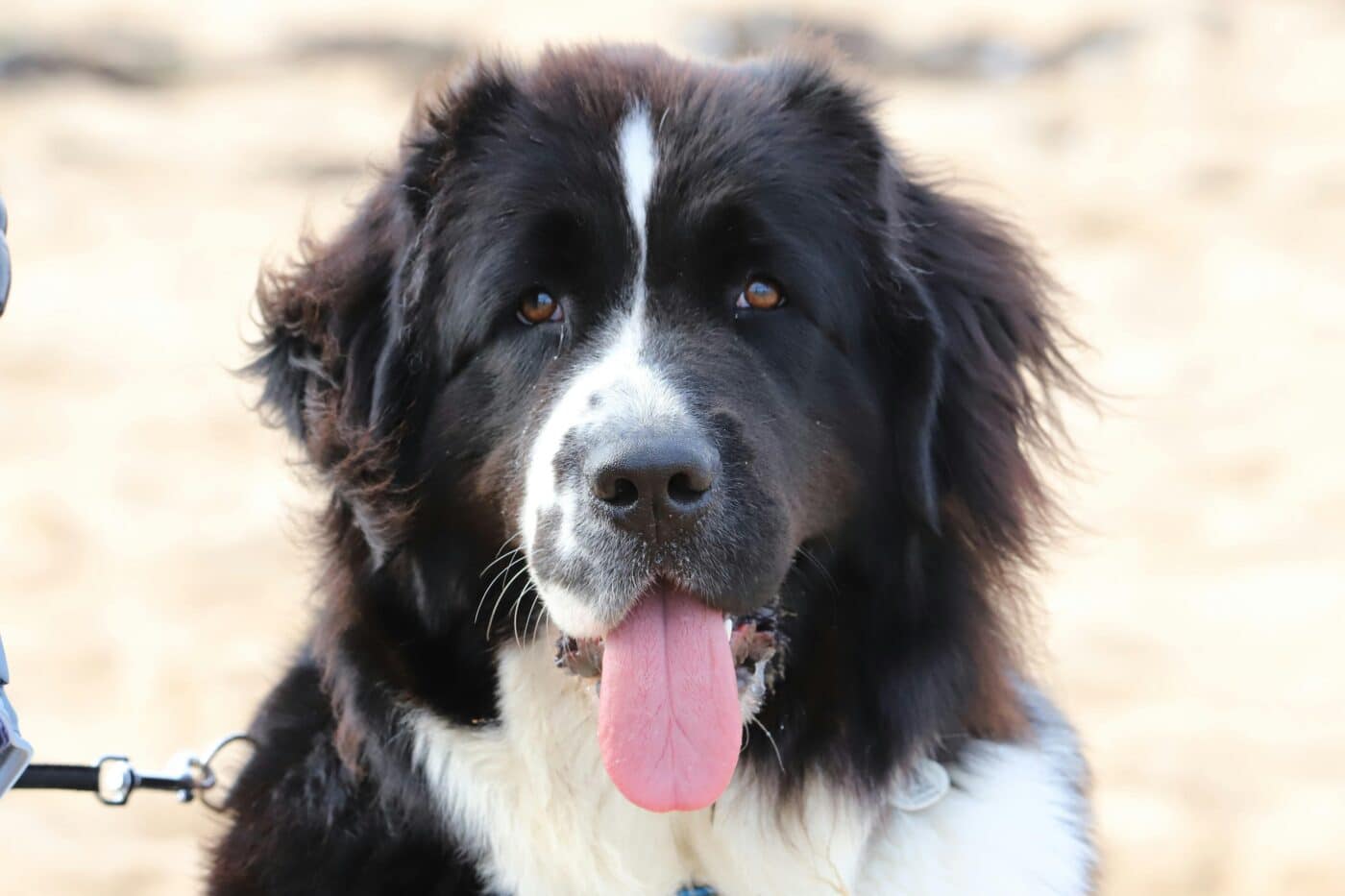 Shutterstock
Shutterstock
Dogs have an incredibly strong sense of smell and often use their noses to investigate their surroundings. Sometimes, air licking is a way for dogs to enhance their ability to smell. When they flick their tongue in the air, it can help bring scent particles closer to the Jacobson’s organ, located in the roof of their mouth. This organ, also known as the vomeronasal organ, is responsible for detecting pheromones and other chemical signals, making air licking a method of amplifying their sensory intake.
Hunger or Anticipation of Food
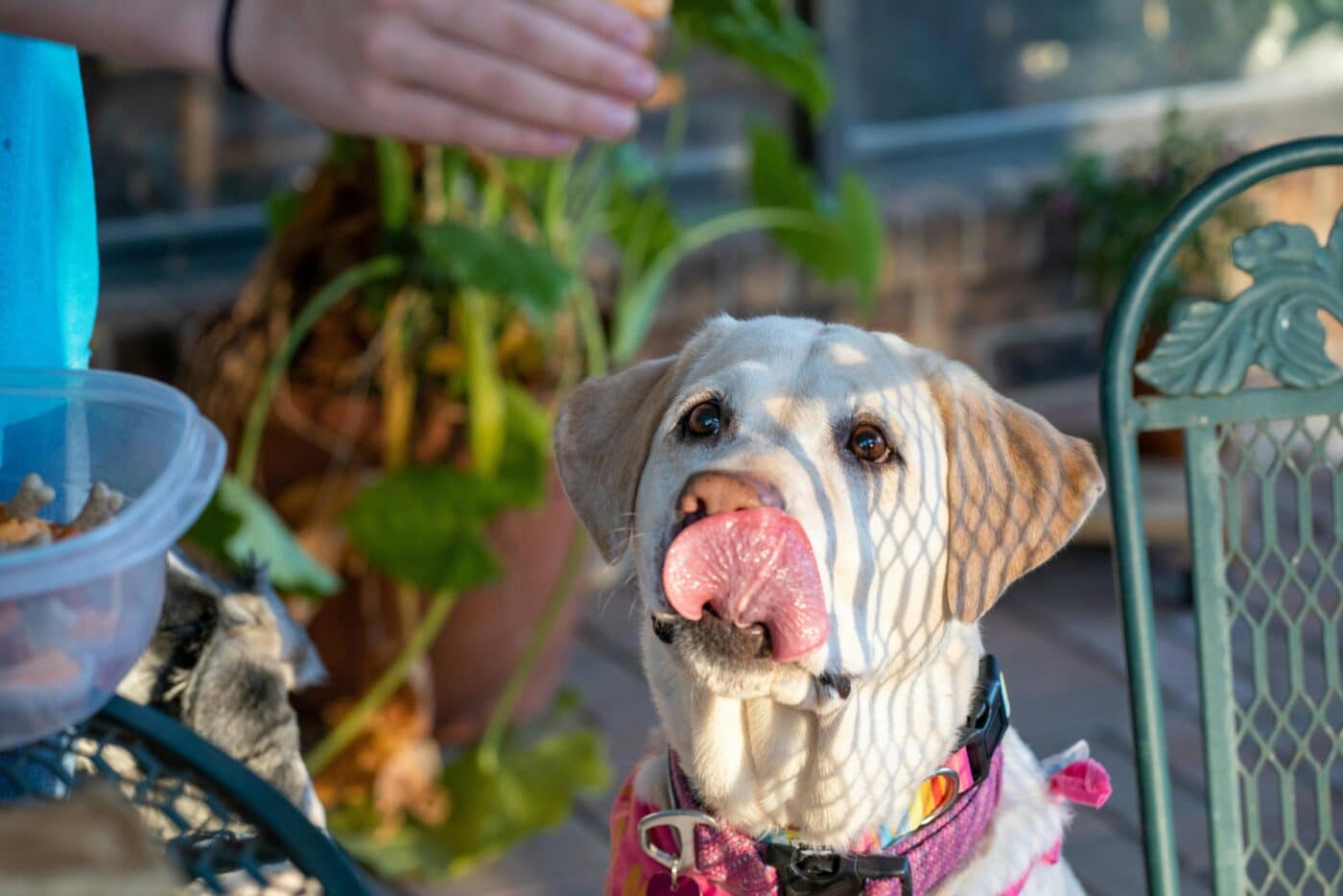 Shutterstock
Shutterstock
One of the more common reasons dogs lick the air is that they are hungry or anticipating food. Licking the air can signify that the dog is salivating or preparing to eat. If dogs smell food or know a meal is coming, they might lick the air in anticipation. This behavior is often seen around feeding times or when a dog catches the scent of something tasty, signaling that they are excited and ready to eat.
Anxiety or Stress
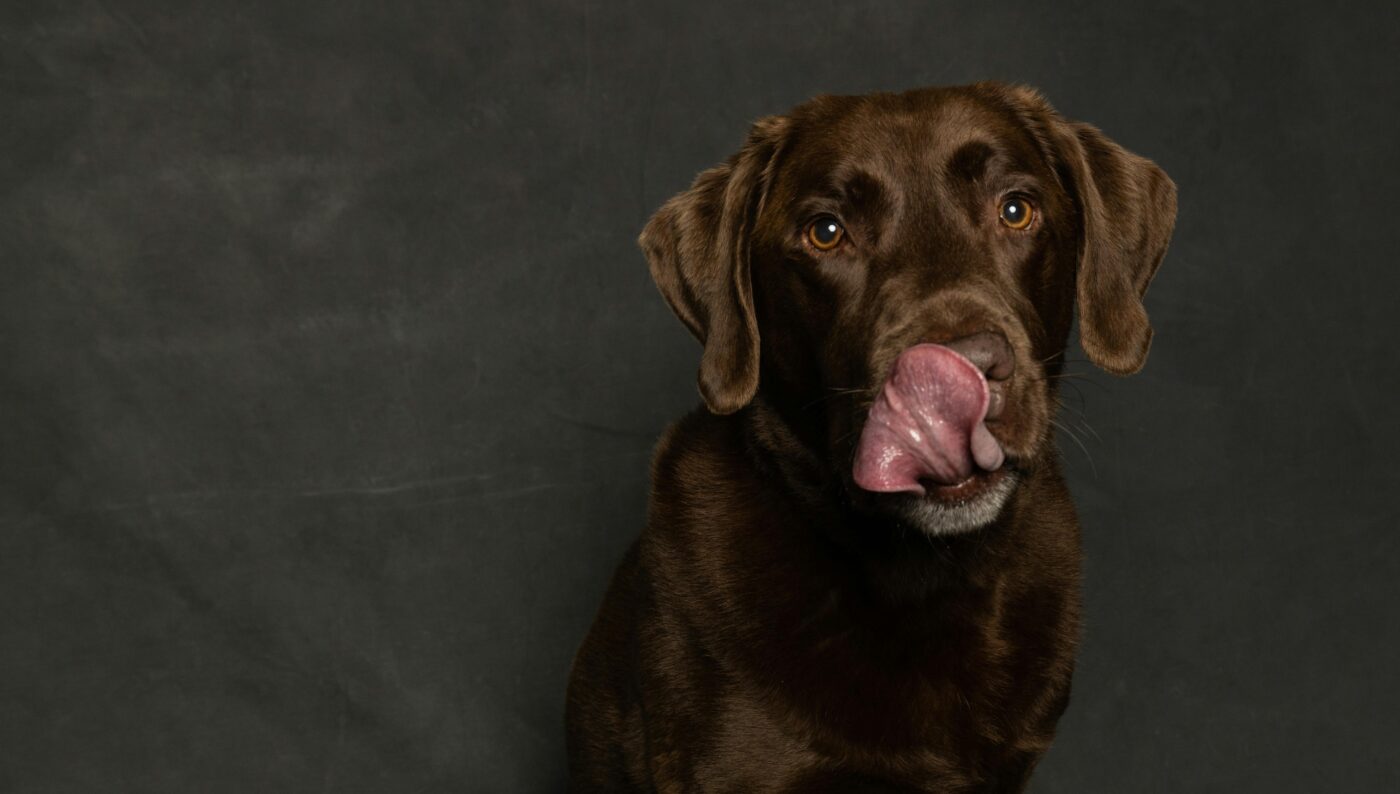 Shutterstock
Shutterstock
Air licking can also be a sign of anxiety or stress in dogs. When a dog feels uneasy, they may engage in repetitive or compulsive behaviors to soothe themselves, and licking the air can be one of these behaviors. Anxious or stressed dogs may lick the air as a calming mechanism, especially when they feel overwhelmed or uncertain. If air licking becomes frequent and is accompanied by other signs of anxiety, such as pacing or whining, it may be a sign that the dog is struggling with stress.
Gastrointestinal Issues
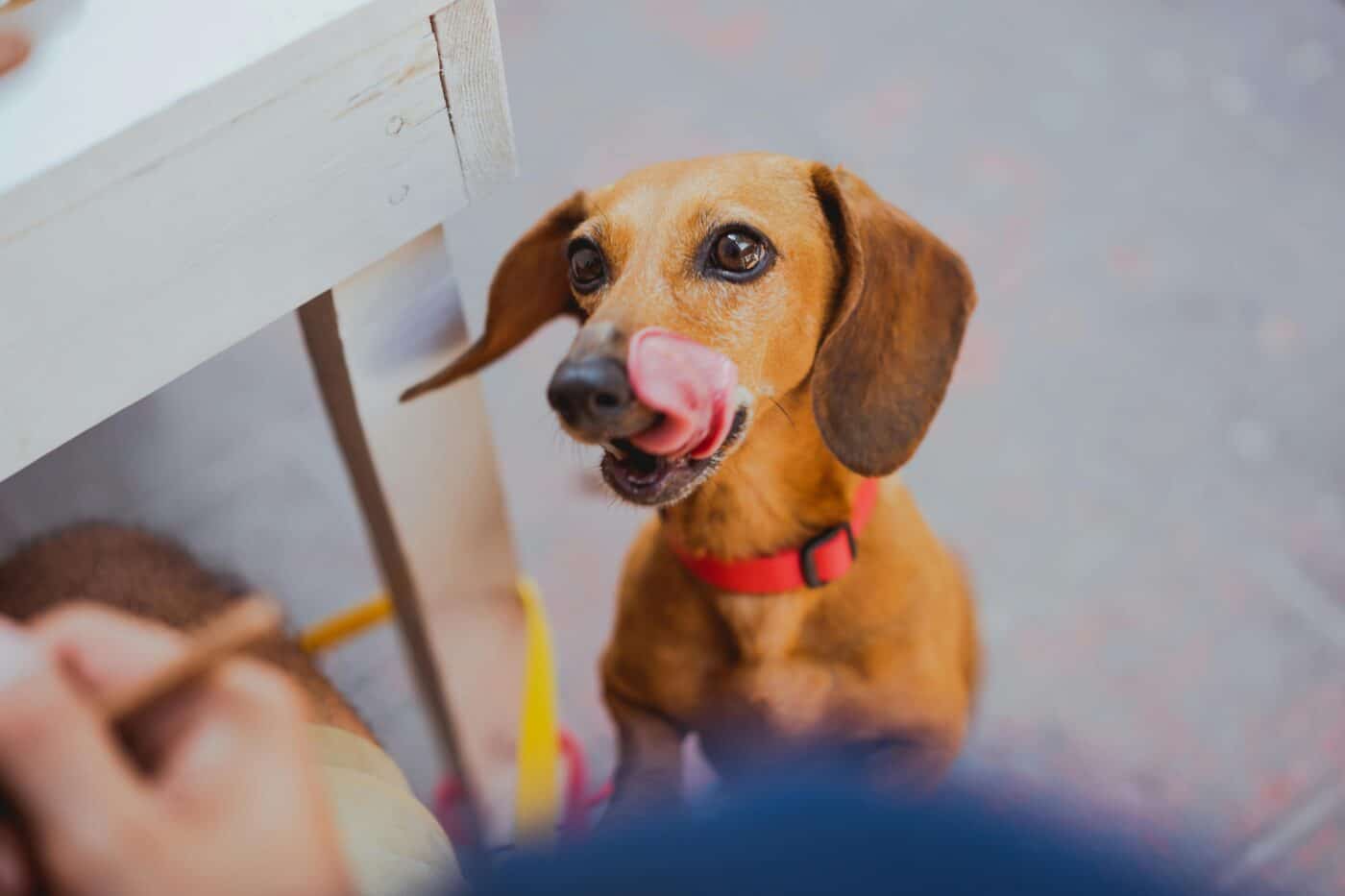 Shutterstock
Shutterstock
In some cases, air licking can be a sign of gastrointestinal discomfort. Dogs may lick the air if they are experiencing nausea, acid reflux, or other digestive issues. The act of licking may help soothe their stomach or reduce the sensation of nausea. Dogs with persistent gastrointestinal problems may air lick frequently, especially after meals. If this behavior is accompanied by vomiting, lethargy, or a change in appetite, it’s important to consult a veterinarian to rule out any underlying health issues.
Dental or Oral Pain
 Shutterstock
Shutterstock
Another potential cause of air licking is dental or oral pain. Dogs may lick the air if they have a sore tooth, gum inflammation, or another mouth issue. The air licking can respond to discomfort, as the dog may be trying to relieve the pain by licking. Dental issues are common in dogs, especially as they age, so if air licking is combined with signs of oral discomfort—such as pawing at the mouth or reluctance to eat—it’s important to have their teeth and gums checked by a vet.
Cognitive Dysfunction
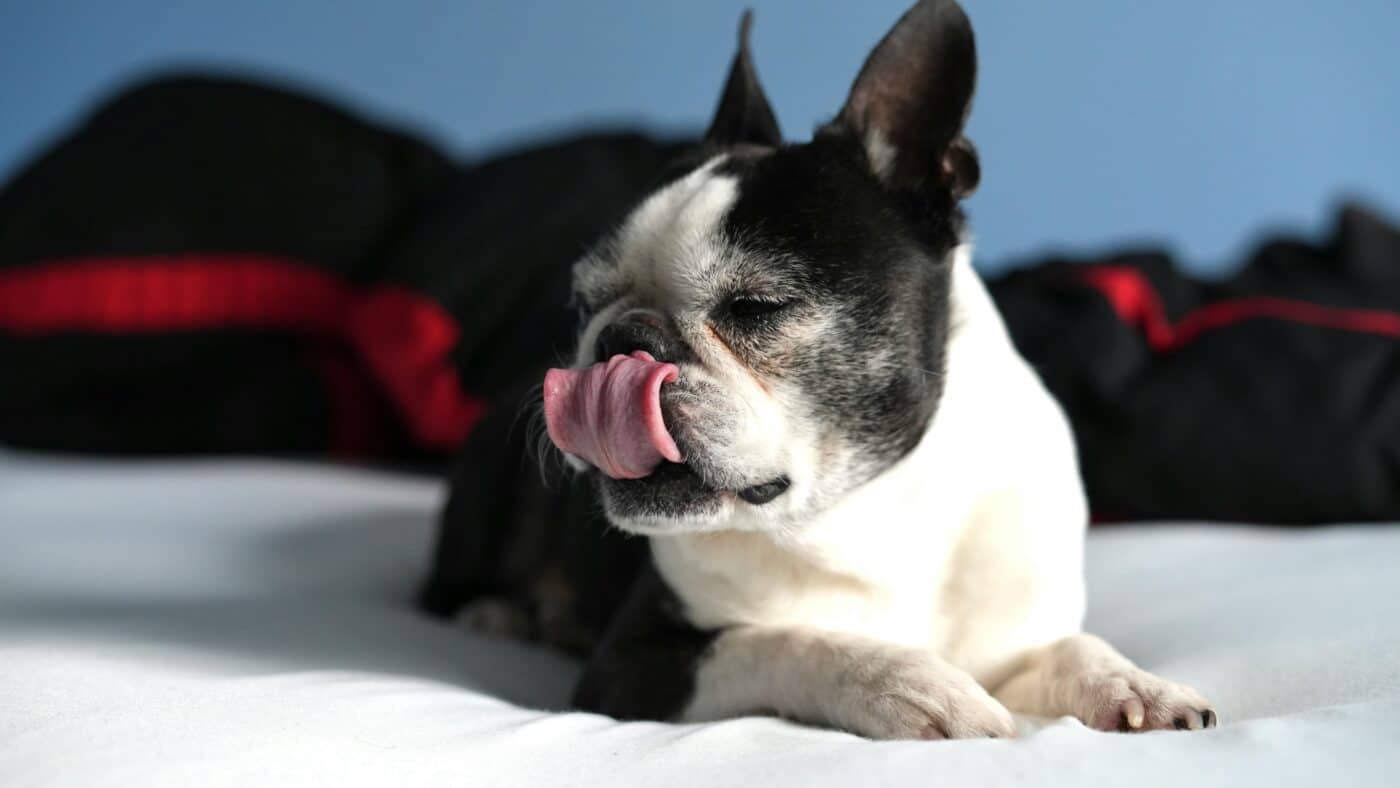 Shutterstock
Shutterstock
In older dogs, air licking can sometimes be a symptom of cognitive dysfunction, a condition similar to dementia in humans. As dogs age, they may develop cognitive issues that affect their behavior, including repetitive actions like air licking. If a senior dog begins air-licking out of the blue and shows other signs of cognitive decline, such as confusion, disorientation, or changes in sleep patterns, it may be worth discussing cognitive dysfunction with a veterinarian. This behavior could be a sign of neurological changes that come with aging.
Seizures or Neurological Conditions
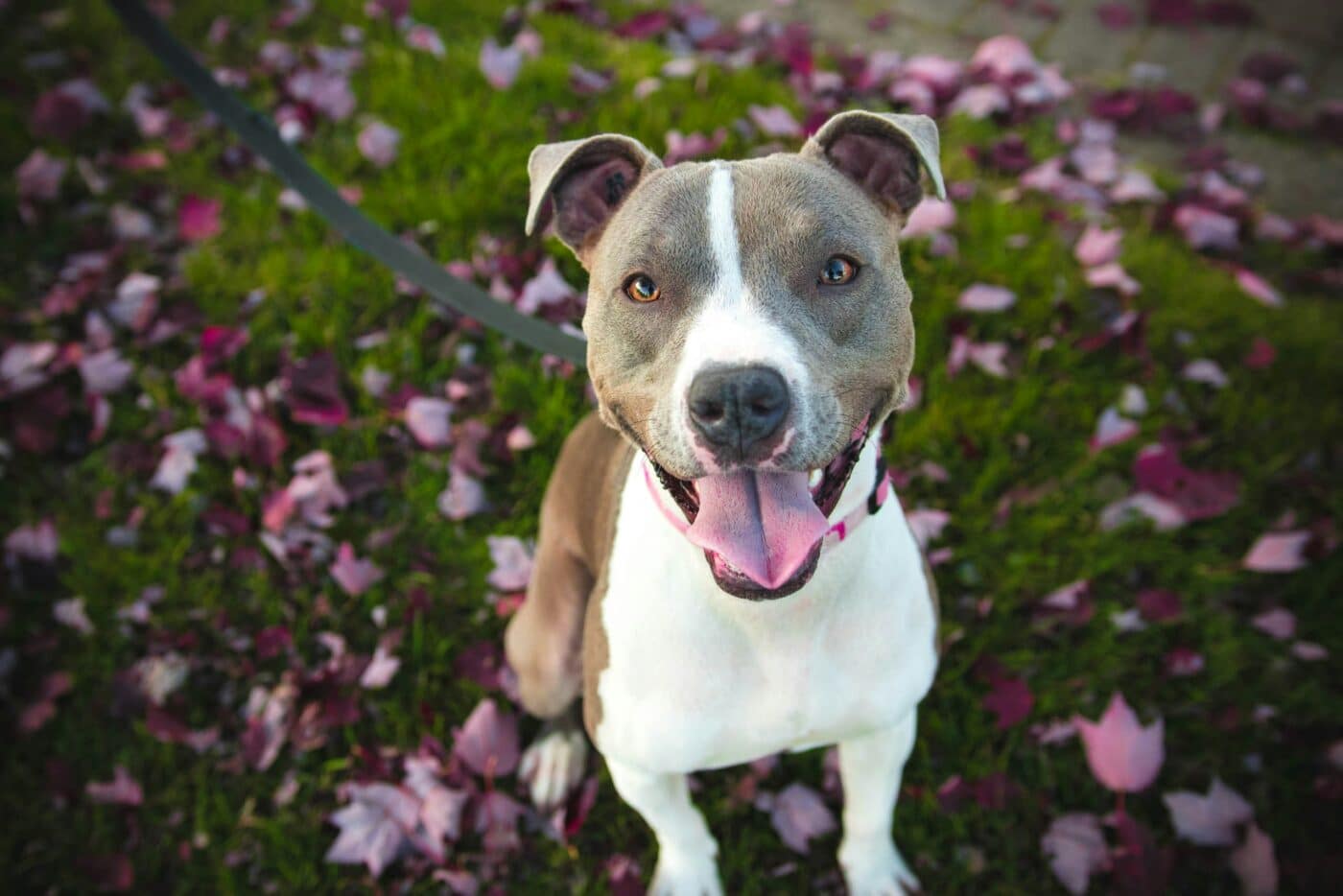 Shutterstock
Shutterstock
Air licking can also be a symptom of certain neurological conditions, including focal seizures. During a focal seizure, a dog may appear to be licking the air uncontrollably. These seizures can be subtle and may not involve the full-body convulsions typically associated with seizures, but they still warrant medical attention. If a dog begins air-licking suddenly and for no apparent reason, especially if other abnormal movements or behaviors accompany it, it’s important to consult a veterinarian to rule out neurological issues.
Attention-Seeking Behavior
 Shutterstock
Shutterstock
Some dogs may lick the air to get attention from their owners. If a dog notices that air licking prompts a response from their human—whether it’s concern, laughter, or interaction—they may repeat the behavior as a form of attention-seeking. Dogs that are particularly social or enjoy engaging with their owners may use air licking to initiate contact, knowing it will elicit a reaction.
Allergic Reactions
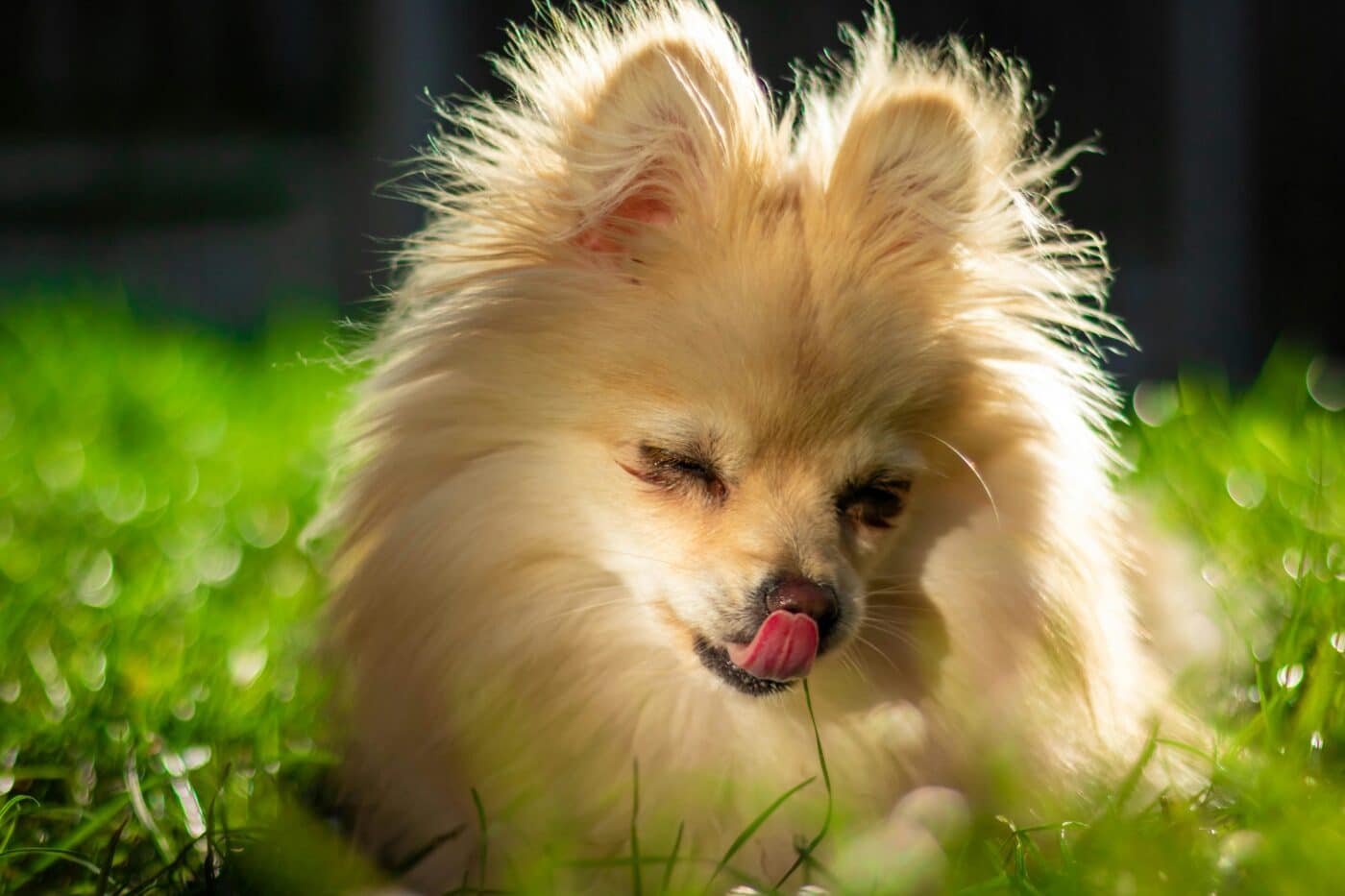 Shutterstock
Shutterstock
Air licking can also be a sign that a dog is experiencing an allergic reaction. Dogs with environmental allergies or food sensitivities may lick the air as a response to itchiness or irritation in their mouth, throat, or nose. If a dog frequently licks the air and shows signs of allergies, such as scratching, sneezing, or ear infections, it’s possible that the air licking is related to an allergic response. Identifying and managing the allergen can help reduce this behavior.
Playfulness or Excitement
 Shutterstock
Shutterstock
Sometimes, air licking can signify a dog feeling playful or excited. Just as dogs wag their tails or bounce around when happy, some dogs may lick the air as part of their excitement. This behavior is often seen during playtime or when a dog interacts with their favorite toys or people. Air licking, in this context, is harmless and can be seen as an expression of joy.
Compulsive Behavior
 Shutterstock
Shutterstock
For some dogs, air licking can become a compulsive behavior. Compulsive licking is a repetitive action that a dog feels driven to perform, often to cope with stress or boredom. If air licking becomes a frequent or obsessive behavior, it may be a sign that the dog is struggling with a compulsive disorder. Compulsive behaviors can develop in response to environmental stressors or changes, and they may require behavioral intervention or management to reduce the behavior.
Seeking Comfort
 Shutterstock
Shutterstock
Dogs may also lick the air as a way to seek comfort, especially in situations where they feel uncertain or insecure. Much like how humans engage in self-soothing behaviors, dogs may lick the air to calm themselves when they’re feeling overwhelmed. This behavior is often seen in anxious dogs or adjusting to new environments. Providing reassurance and creating a calming space for the dog can help reduce their need to engage in comfort-seeking behaviors like air licking.
Memory of a Taste
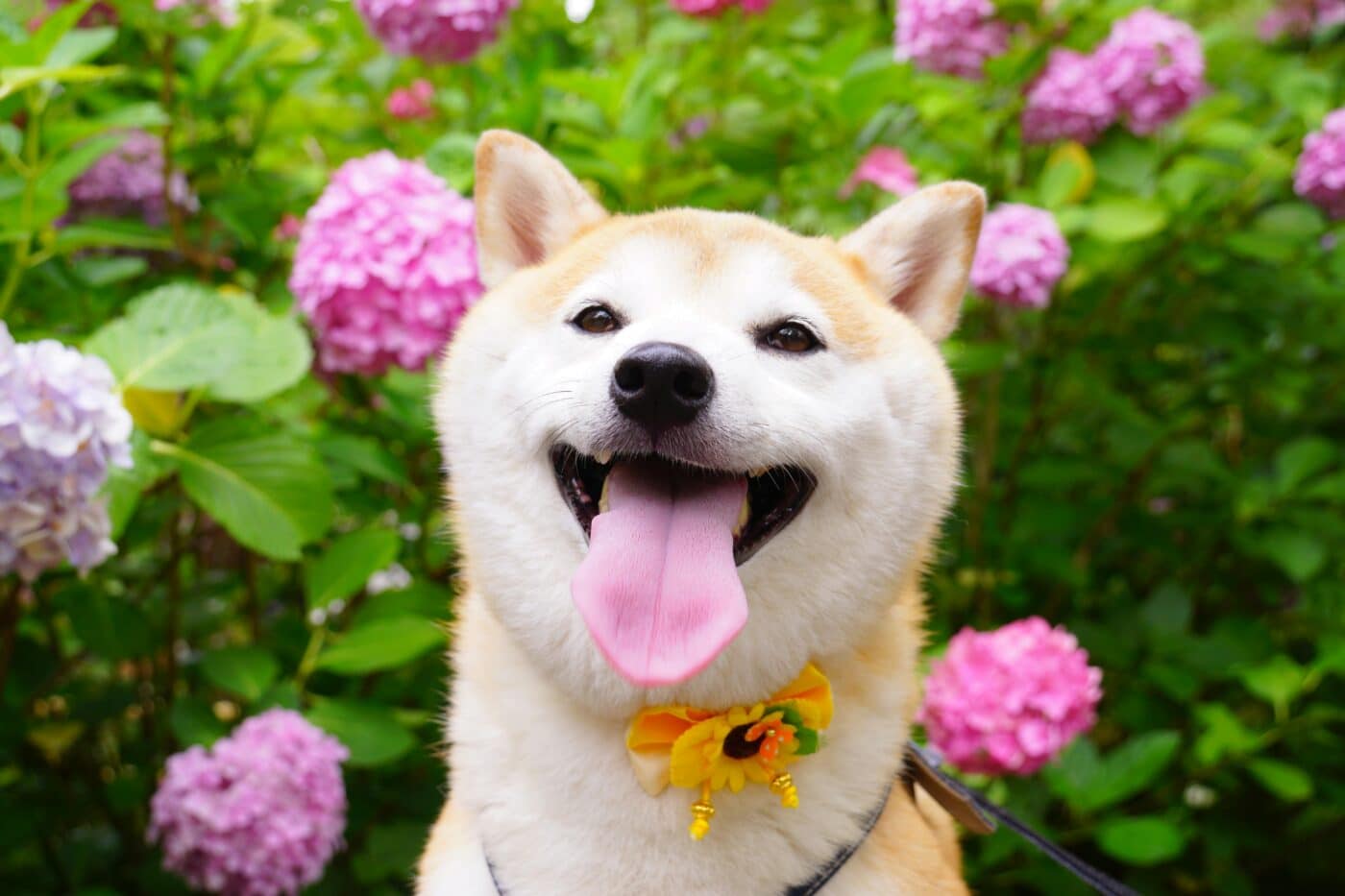 Shutterstock
Shutterstock
Sometimes, dogs lick the air because they are reminded of a taste they’ve recently experienced. Whether it’s the lingering flavor of a treat or something they’ve licked on a walk, dogs may engage in air licking to savor a taste memory. This behavior is usually brief and occurs after the dog has eaten or licked something they particularly enjoyed. While not a cause for concern, it can indicate how much they liked their recent snack!
Investigating Their Own Body Odor
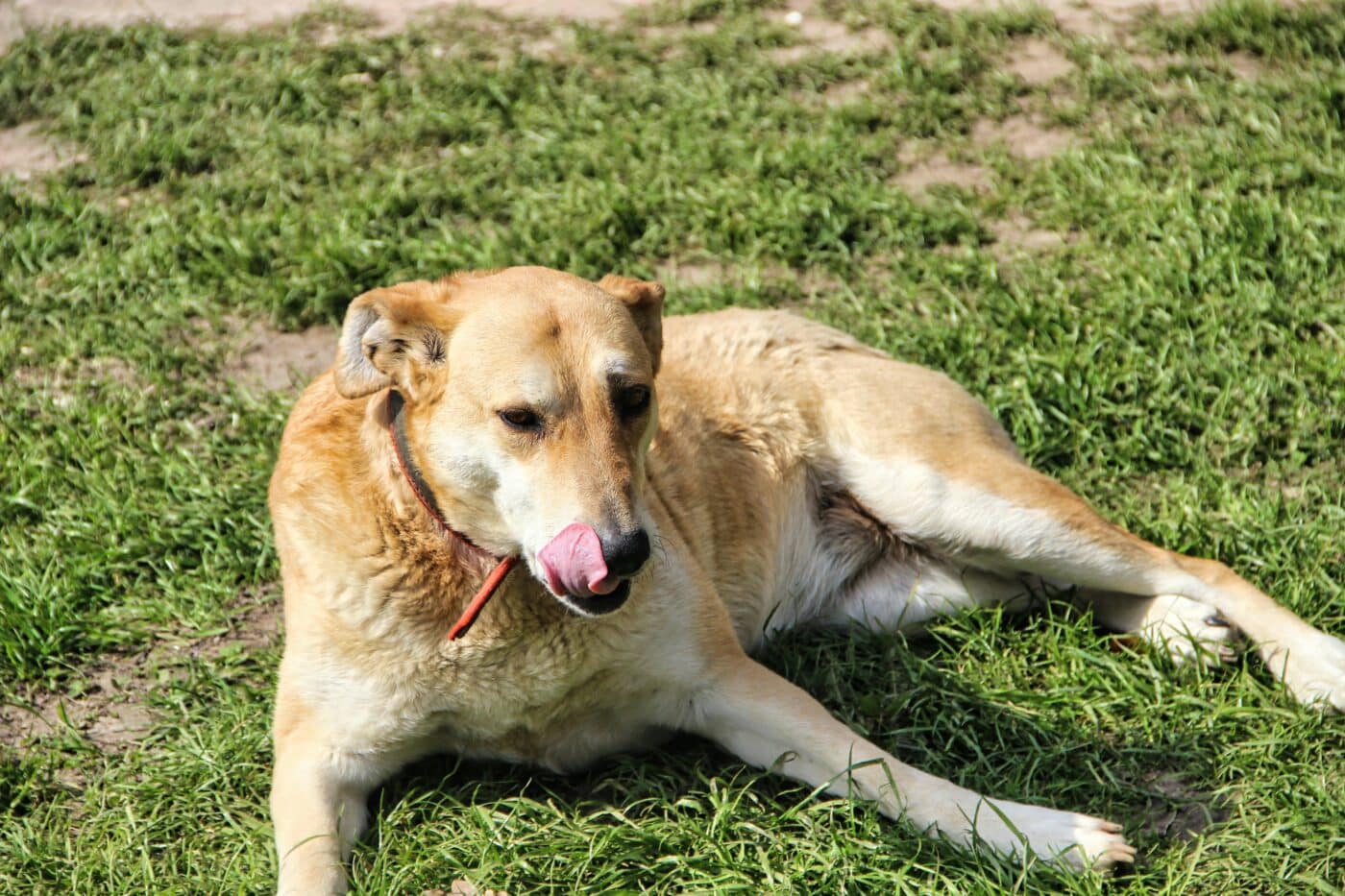 Shutterstock
Shutterstock
Dogs may also lick the air when investigating their body odor, particularly if they have recently been groomed or had a bath. The scent of shampoo, cleaning products, or their own natural smell can cause them to explore the air with their tongues. In these cases, air licking is often a reaction to the unfamiliar or heightened scents they are experiencing, and they are trying to better understand the changes in their environment or body.
Decoding Your Dog’s Air Licking
 Shutterstock
Shutterstock
Air licking in dogs can arise from various causes, including physical discomfort, sensory exploration, or emotional responses such as anxiety or excitement. While some instances are harmless, others might indicate a health or behavioral issue. Pet owners can better understand the underlying reasons for this behavior by carefully observing when and how frequently air licking occurs. Whether it’s a quirky habit or a sign of something more serious, identifying the cause of air licking helps dogs remain healthy, comfortable, and happy in their daily lives.

 1 month ago
90
1 month ago
90




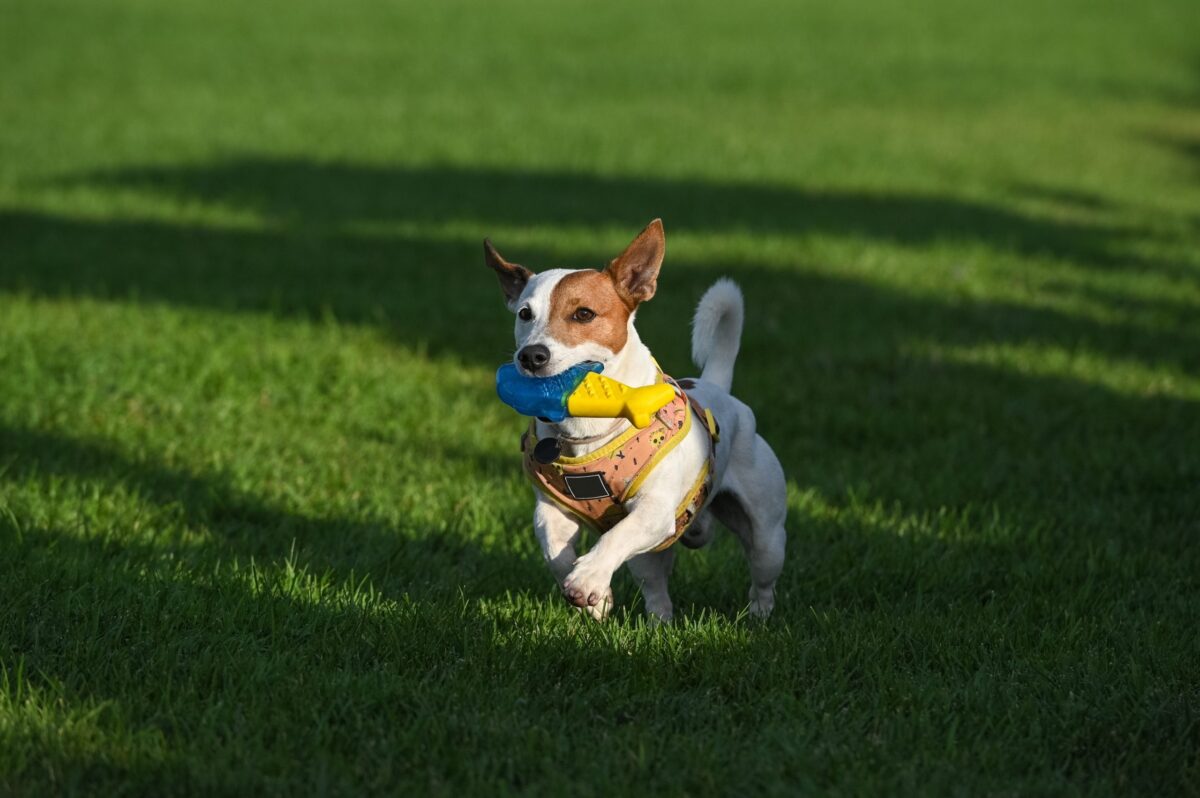

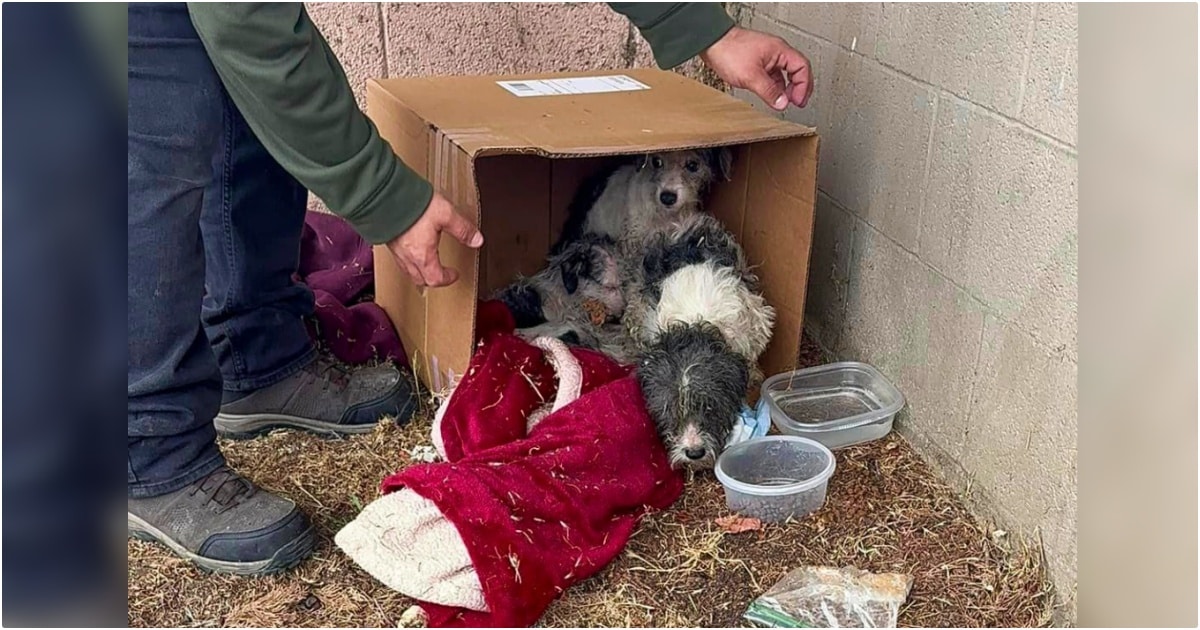
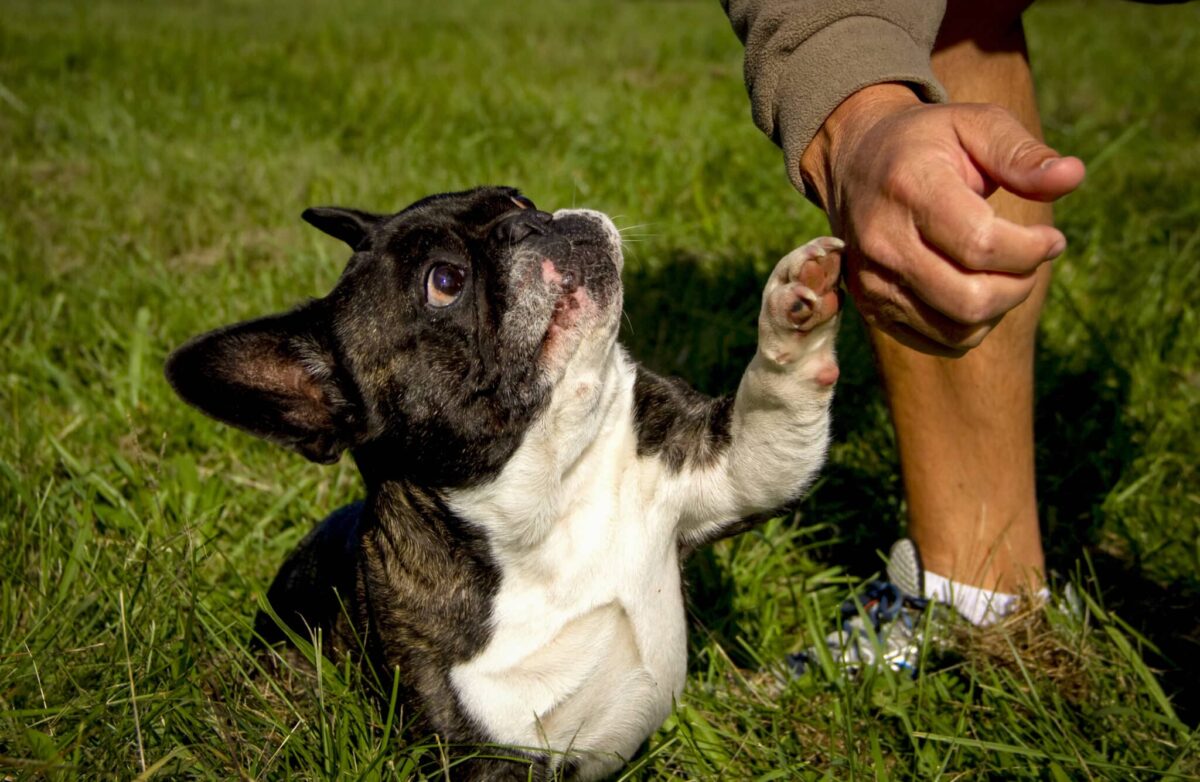
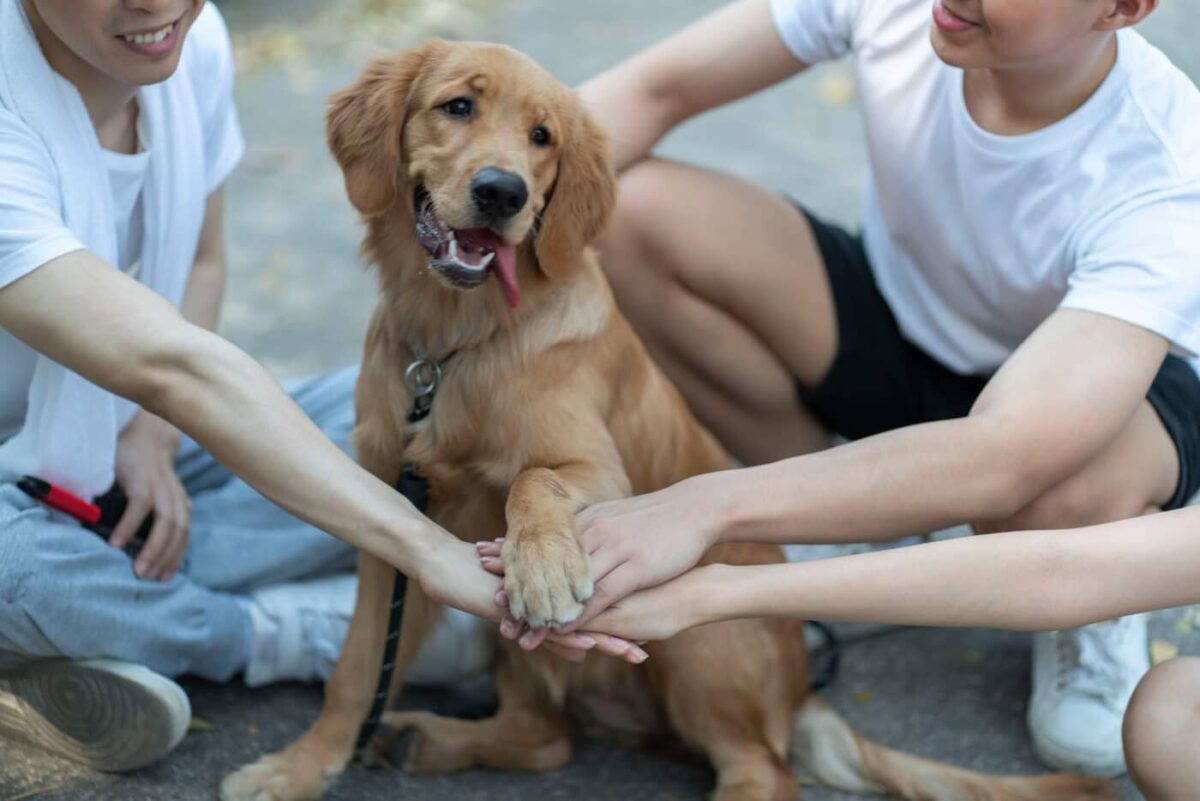
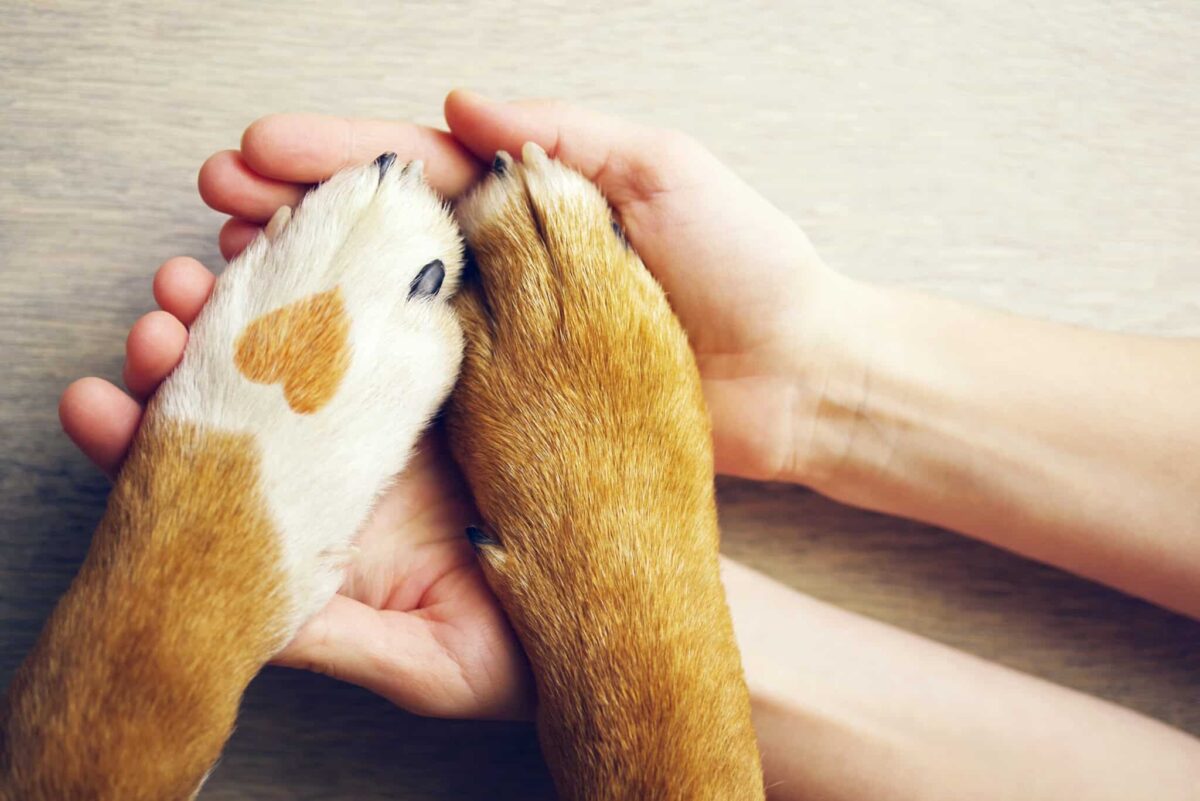
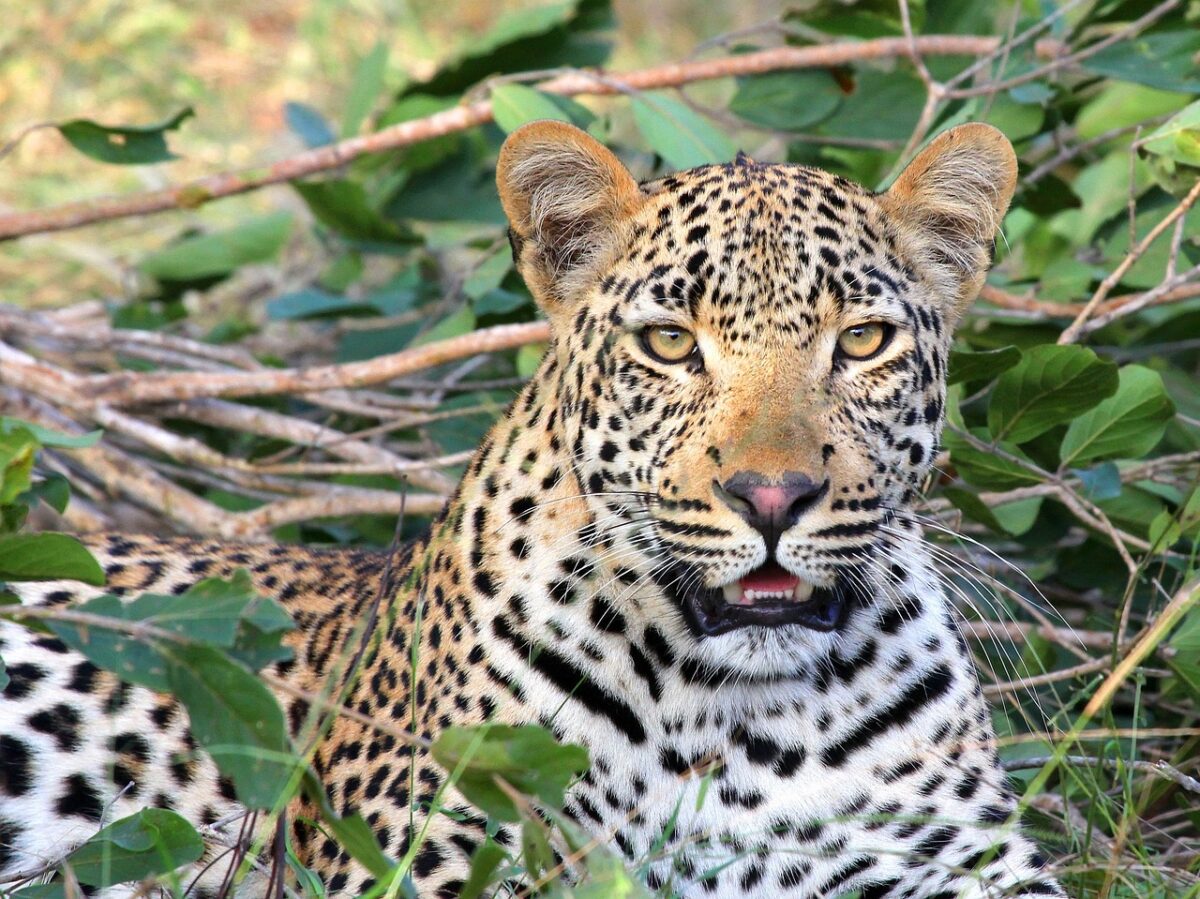
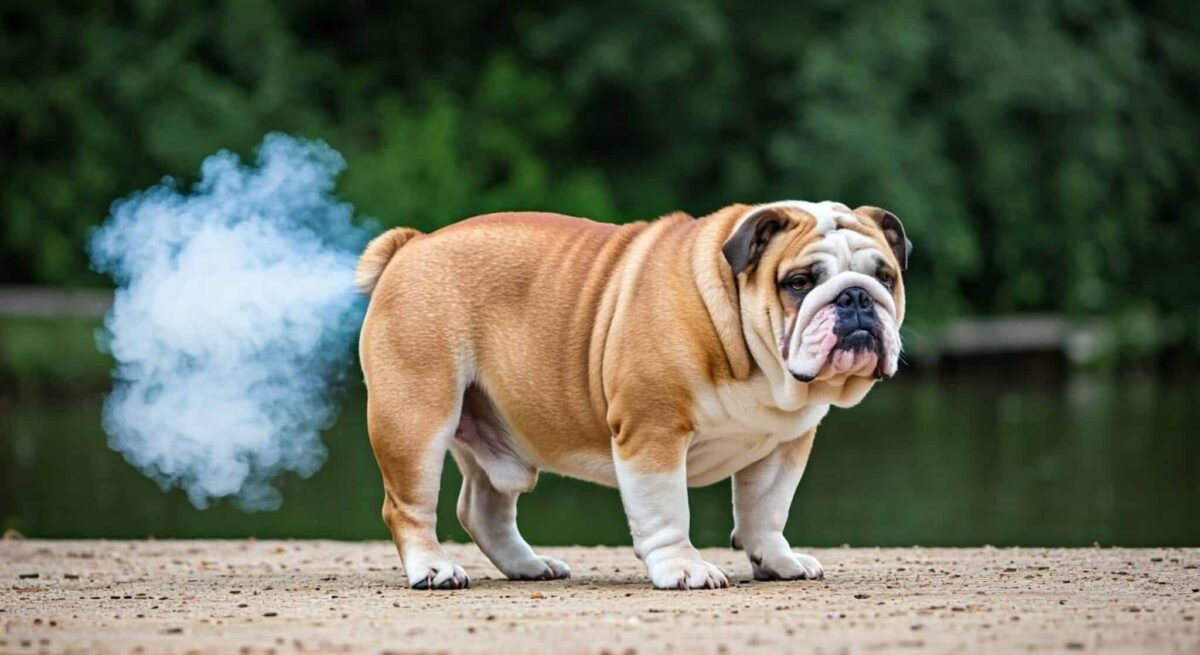
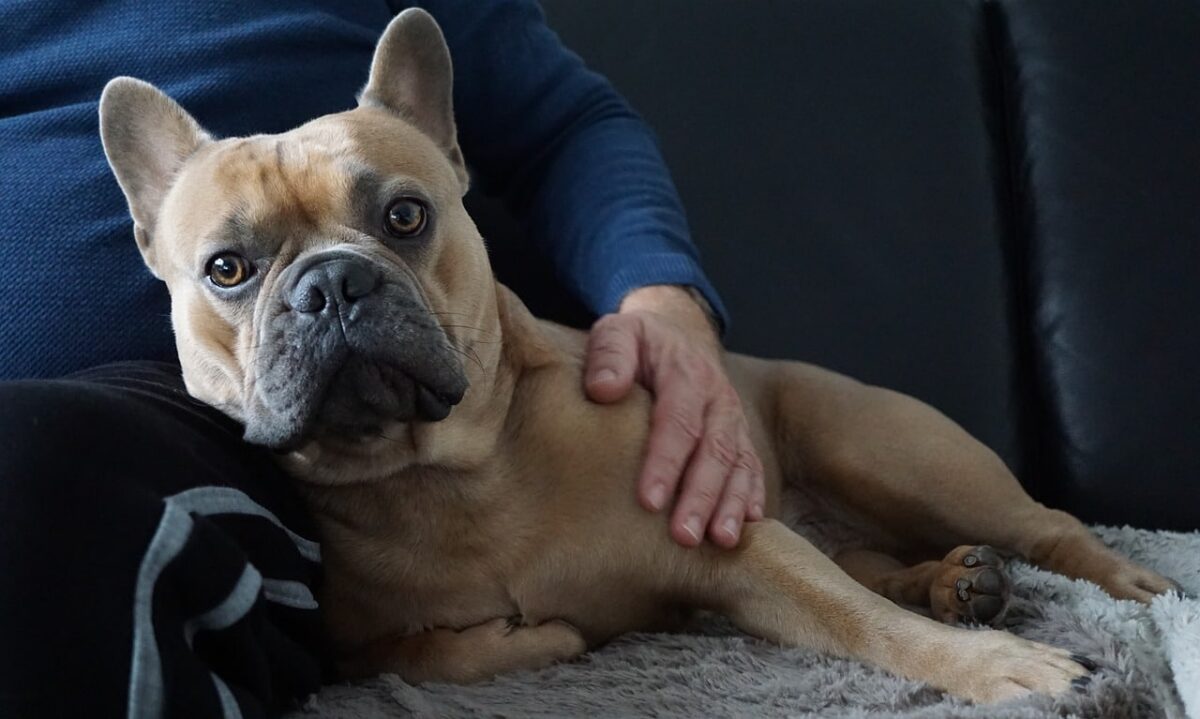



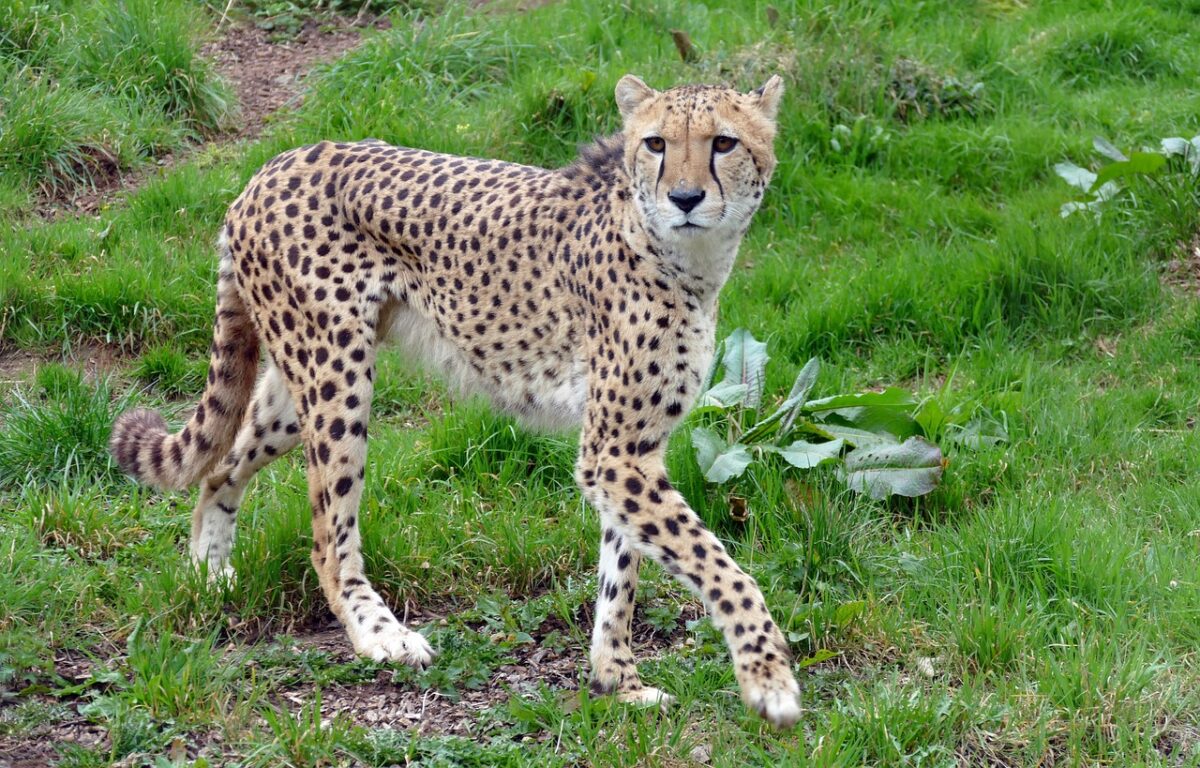
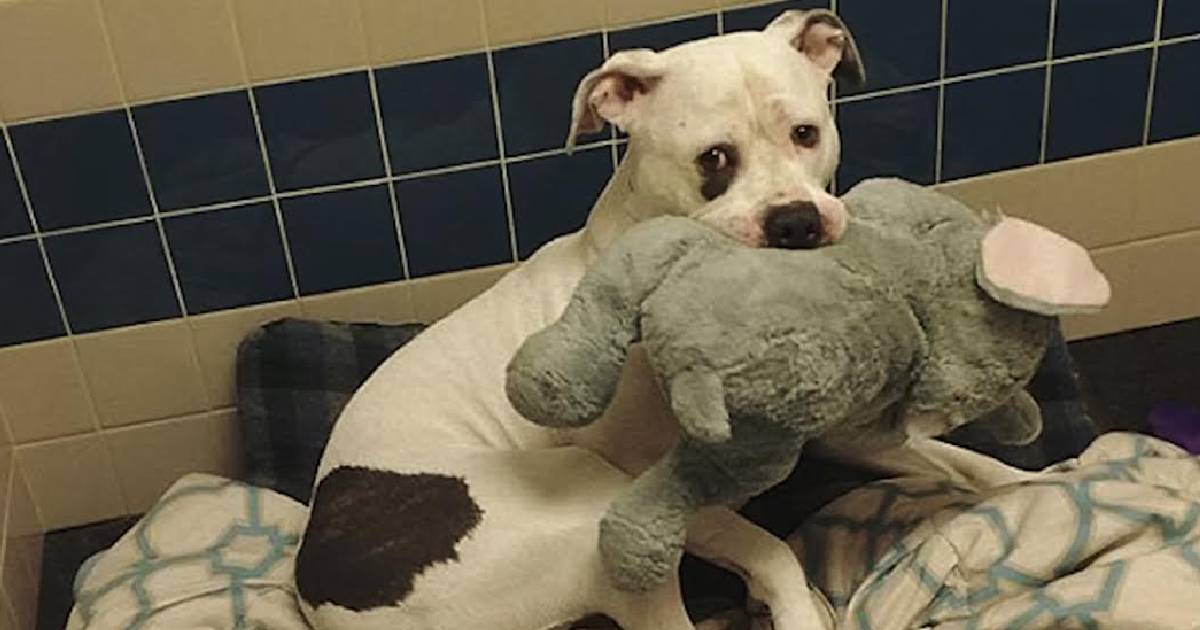
 English (US) ·
English (US) ·